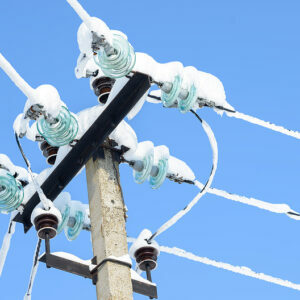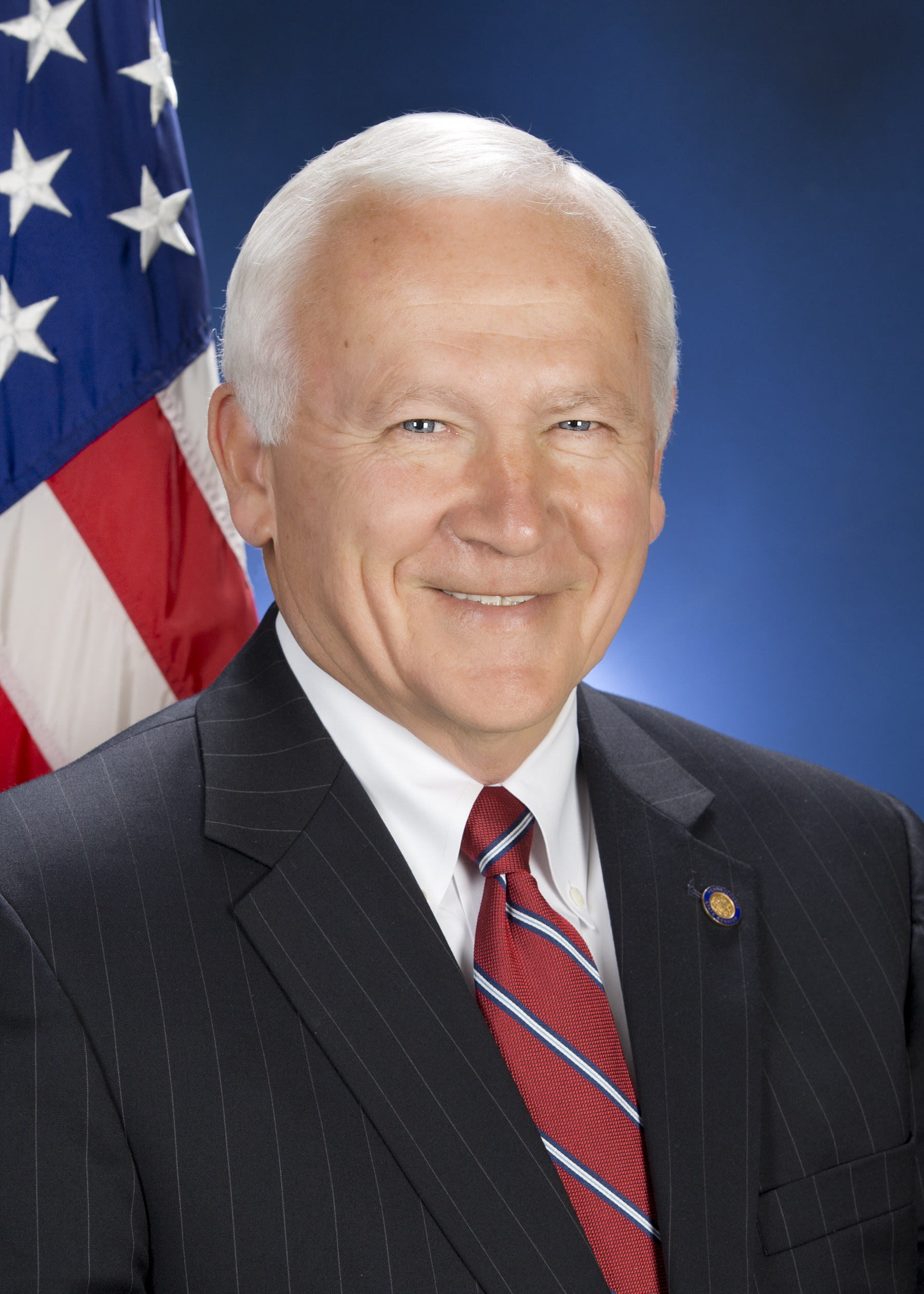If the Biden Administration has its way, the Environmental Protection Agency (EPA) will soon implement a dangerous rule that will further threaten Pennsylvania’s severely strained electric grid. The Biden Clean Power Plan would set unachievable limits using technology that is unavailable in the United States for new and existing gas-fired combustion turbines and existing coal plants, which currently generate two-thirds of Pennsylvania’s electricity. The new mandates will impose an effective moratorium on new natural gas plants and force existing natural gas and coal plants to shutter prematurely. Meanwhile, electric ratepayers, mostly families, will bear the brunt of this dual attack on electric reliability and affordability.
Further, if finalized in current form, the federal proposal would have a detrimental effect across all regions of the United States’ power grid. Pennsylvania, the second-largest net supplier of total energy to other states after Texas, would be particularly devastated by this mandate.
Pennsylvania is a member of the PJM power grid, which consists of 13 states and the District of Columbia. Pennsylvania itself supplies 25% of the installed capacity in the PJM grid. As chairman of the Senate Environmental Resources and Energy Committee, I have held multiple hearings to review grid reliability. Overwhelmingly, the testimonies stated that a rush to shutter our fossil fuel-fired power plants would directly impact our bulk power supply.
During a joint hearing with the Senate Environmental Resources & Energy Committee, and the Senate Consumer Protection and Professional Licensure Committee in February 2023, and in subsequent hearings with the standing committees in the House of Representatives, prior to the rollout of the proposed Biden Clean Power Plan 2.0, PJM warned that Pennsylvania (and other PJM states) could face energy rationing by 2026 and rolling blackouts as early as 2028. PJM referred to state and federal policies as forcing the premature closure of reliable thermal generation, which is increasingly being replaced by unreliable, intermittent sources of weather dependent power.
In June 2023, Rob Bair, president of the Pennsylvania Building and Construction Trades, illustrated his concern about the impact of the plan:
“Under the recently proposed Biden Clean Power Plan, the rest of the country is about to experience what Pennsylvania lived through over the past 4 years under the Regional Greenhouse Gas Initiative (RGGI) threat…an effective moratorium on the construction of new natural gas plants throughout the country. Why? Because the technology doesn’t exist for natural gas plants to co-fire with hydrogen at 30% by 2032 and 96% by 2038, let alone achieve 90% carbon capture by 2035. Obviously, Congress and the courts may have something to say about the plan, but as long as this threat remains, no banking institution in the world will risk billions to finance plants – all of which are likely to be built with union labor – that could become obsolete within just a few years of operation.”
Natural gas, nuclear and coal plants are on-demand energy sources and not dependent on weather or time of day, which are essential for electric reliability. These are the facilities that can provide electricity at 3 a.m. on an extremely cold or extremely hot night. This EPA proposal, coupled with the threat of RGGI hanging over Pennsylvanians’ heads, would be a travesty if we want Pennsylvania to remain a global leader in energy production.
When looking at the big picture, we have to examine the ramifications of what happened with Europe. Germany, for example, ignored warnings and closed many of its nuclear and coal generation facilities in an effort to reduce carbon emissions.
Unfortunately, Germany now finds itself facing a very serious energy crisis as renewable energy sources came up substantially short of production needs. Germany isn’t alone in its shortsightedness. Democratic leaders in western nations have failed to see the big picture time and time again and portions of Europe are now returning to coal use in record amounts.
In May, Pennsylvania Gov. Josh Shapiro wrote to PJM and expressed significant concerns about grid reliability in the wake of the “narrowly averted prospect of rolling blackouts throughout bitterly cold days and nights” during Winter Storm Elliott. In a changing federal energy landscape, we must ensure we can keep the lights on for Pennsylvanians. I am hopeful that Gov. Shapiro will weigh in personally with the Biden Administration and the EPA and urge them to reconsider this dangerous rule.


